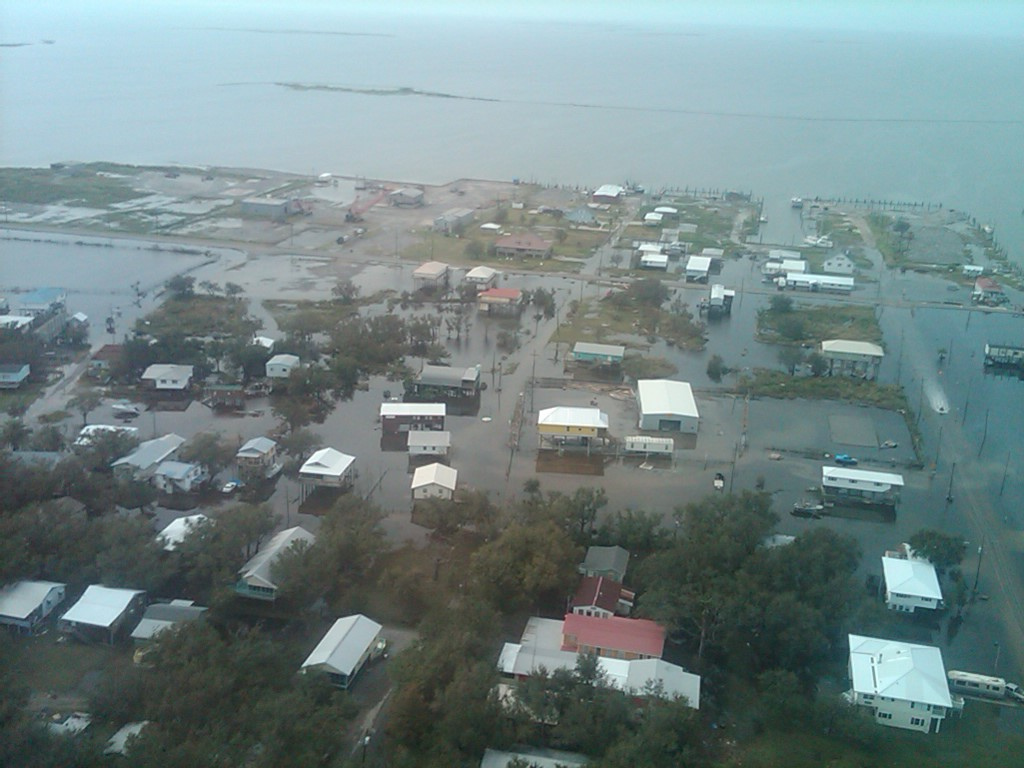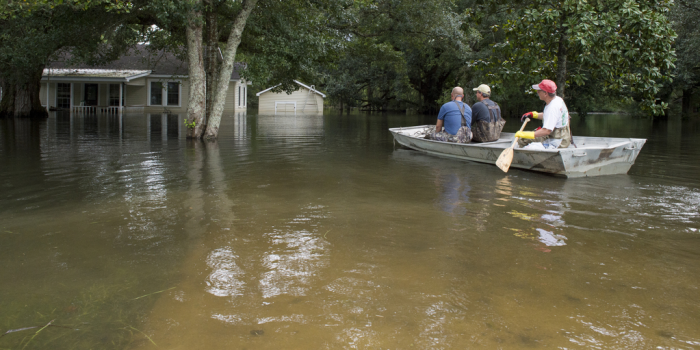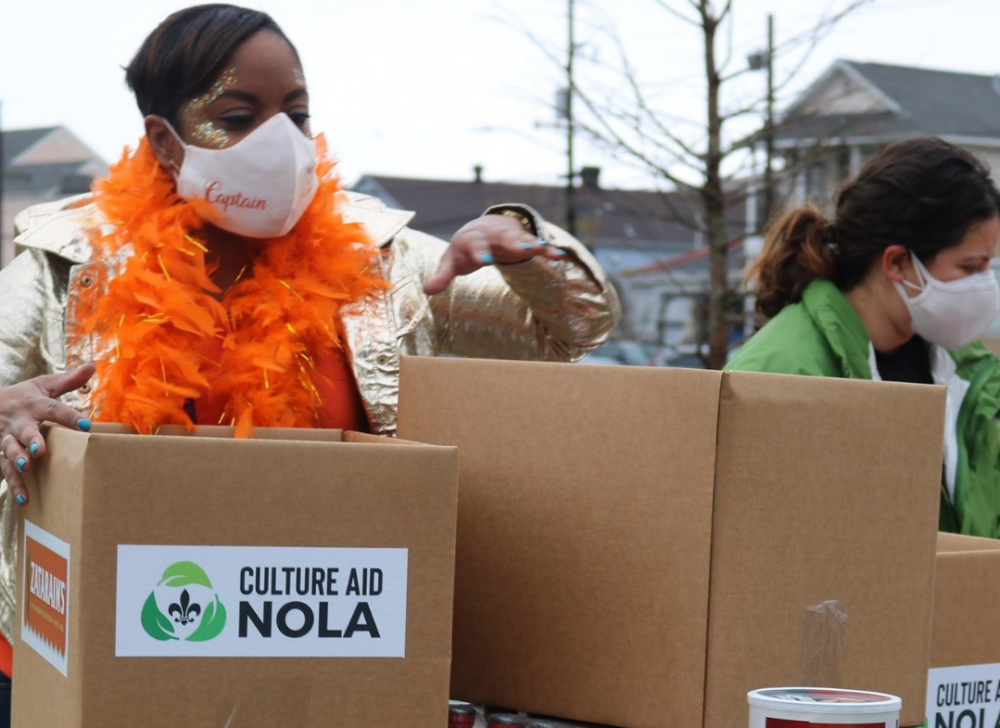How to Respond to Louisiana Floods
In January, heavy rains in Missouri flooded parts of the state along the Mississippi River. Some of those floodwaters flowed downstream, causing exceptionally high levels all the way to Louisiana. Now, heavy rainfall in the South and Central U.S.—up to 20 inches in some places—has added to the already high waters, creating a large-scale flood […]

In January, heavy rains in Missouri flooded parts of the state along the Mississippi River. Some of those floodwaters flowed downstream, causing exceptionally high levels all the way to Louisiana. Now, heavy rainfall in the South and Central U.S.—up to 20 inches in some places—has added to the already high waters, creating a large-scale flood situation.
In Louisiana, more than 18,000 people have been evacuated across the state, and at least four people have died. Emergency responders rescued more than 3,000 people. Several thousand people remain without power, at least 4,000 homes are damaged, there are 69 areas with boil advisories in place, and hundreds of secondary roads are closed. President Obama issued a major disaster declaration for the state on Sunday. In Mississippi, nearly 700 homes were impacted by the flooding, and in Texas, mandatory evacuations are in place for numerous counties experiencing record flooding.
The threat is not likely to subside anytime soon. Additional rain is expected across the area this week, including potentially strong thunderstorms. Widespread moderate to major flooding is likely to continue into late week, and in some areas it could take several weeks for waters to recede. Flood impacts will likely extend beyond areas currently affected. There has been some concern that levies in Louisiana could fail if waters continue to rise.
If you are a funder considering assisting in this flood situation, we recommend the following:
- Take short and long-term needs into account. Floods can be some of the most difficult disasters to recover from, and those affected frequently need help not just immediately, but for years following.
- Find out who your local partners are. Reach out and ask for their assessment of the needs. Determine how the floods have affected their services, what assistance they need, and who they are working with to help the community recover.
- Determine how can you collaborate with partners also working in the affected area. We always accomplish more when working in partnership with others, and taking time to reach out and create an efficient response will in turn lead to a more effective recovery.
We want to hear the specifics of how you are responding to this crisis. Please send me information about relief, assessments, and funds so we can compile them in one place for others!
More like this

No-Name Storms Prompt Powerful Louisiana Alliance
